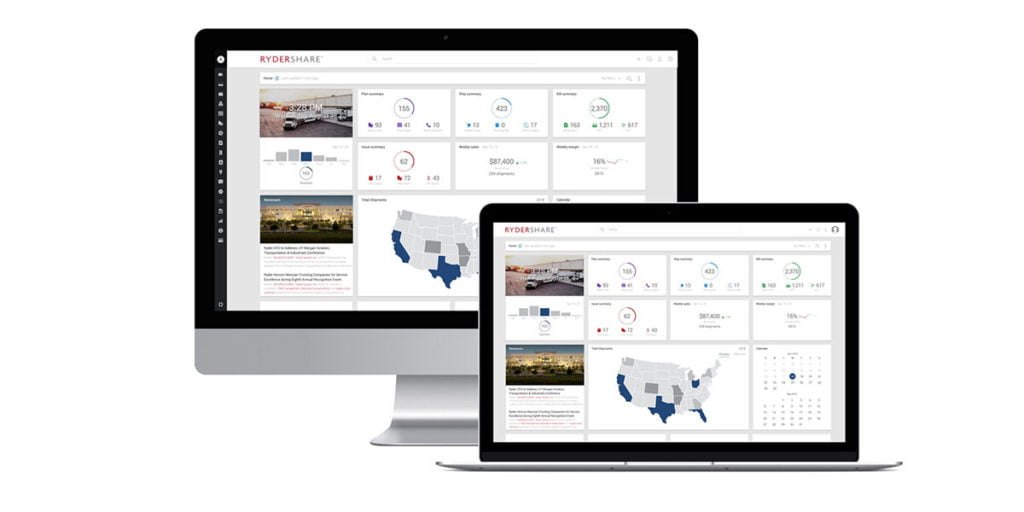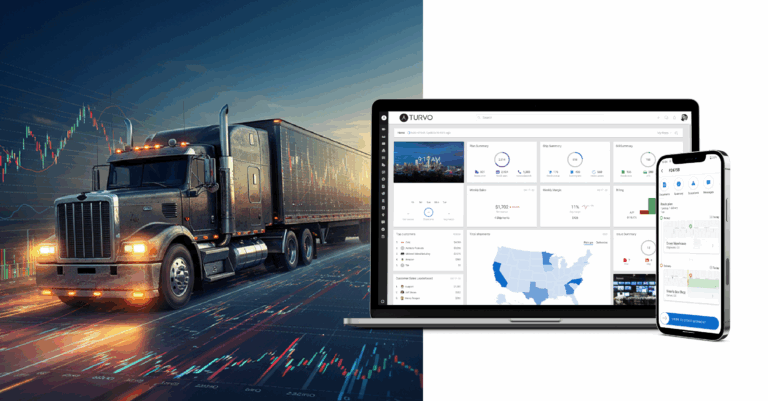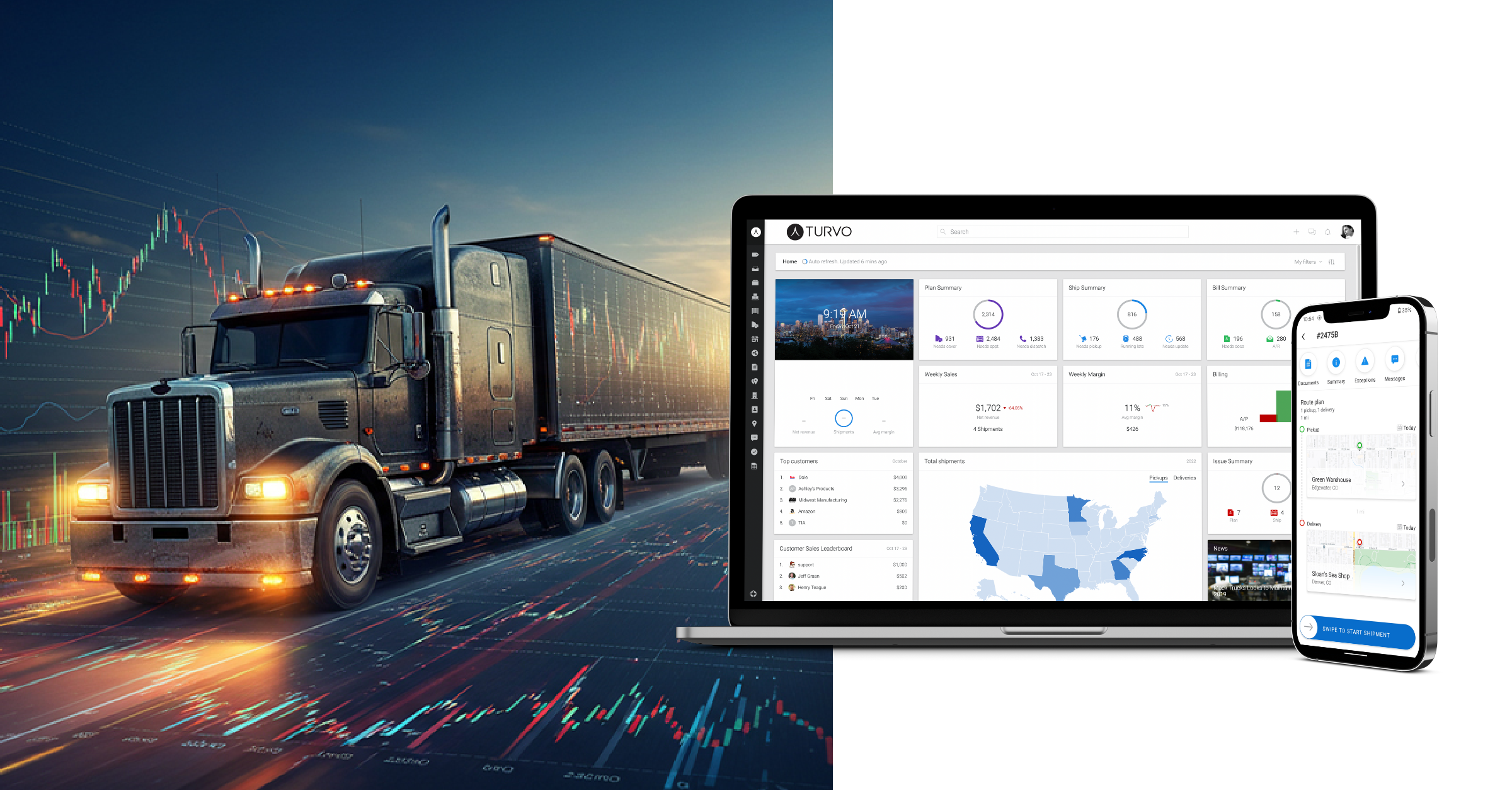In the dynamic and complex world of logistics, the orchestration of various moving parts to ensure timely deliveries is a daunting task. The advent of appointment scheduling apps has revolutionized this sector, offering a beacon of efficiency in the often chaotic realm of supply chain management. This comprehensive exploration delves into the multifaceted benefits and transformative impact of these apps in the logistics industry.
The Critical Role of Time Management in Logistics
Efficient time management is the backbone of successful logistics operations. Traditional scheduling methods, often manual and cumbersome, struggle to keep pace with the rapid demands of modern supply chains. Appointment scheduling apps bring a much-needed paradigm shift, automating and streamlining the scheduling process. By assigning precise time slots for pickups, deliveries, and shipments, these apps minimize overlaps and delays, ensuring a smooth flow of operations. This optimization is not just about saving time; it’s about enhancing the overall productivity and reliability of the logistics process.
Addressing Inefficiencies and Reducing Operational Costs
In logistics, time is more than a metric; it’s a direct cost factor. Extended wait times at loading docks, known as detention, are a significant source of expense and inefficiency. These delays often lead to detention fees, escalating operational costs. Appointment scheduling apps tackle this issue head-on by managing dock schedules more effectively, reducing wait times, and, consequently, cutting down on detention fees. This efficiency translates into cost savings and higher profit margins, making these apps a valuable asset in cost management strategies.
Improving Communication and Supply Chain Visibility
The logistics sector involves a complex network of stakeholders, including warehouses, transportation carriers, and drivers. Coordinating among these parties requires seamless communication and real-time information sharing. Appointment scheduling apps excel in providing this level of transparency and connectivity. They offer real-time updates and facilitate quick adjustments to schedules, ensuring that all parties are on the same page. This improved communication minimizes the risk of miscommunication and delays, keeping the supply chain agile and responsive.
Harnessing Data for Strategic Insights and Decision Making
One of the most significant advantages of appointment scheduling apps is their ability to gather and analyze data. These apps can track various operational metrics, providing logistics managers with insights into peak times, average wait times, and other crucial aspects of their operations. This data is invaluable for strategic planning, allowing managers to identify bottlenecks, forecast busy periods, and make informed decisions to further streamline their processes. In an industry where data is king, these insights offer a competitive edge, enabling businesses to anticipate challenges and adapt their strategies proactively.
The Integration and Customization of Scheduling Apps
Modern appointment scheduling apps are designed to integrate seamlessly with existing Transportation Management Systems (TMS) and Warehouse Management Systems (WMS). This integration ensures that data flows smoothly across different platforms, enhancing the overall functionality and efficiency of logistics operations. Furthermore, these apps offer a high degree of customization, allowing businesses to tailor features to their specific operational needs. Whether it’s setting specific time slots, managing different types of cargo, or accommodating last-minute changes, these apps can be adapted to meet the diverse requirements of the logistics industry.
The Future of Logistics: Advanced Technologies and Appointment Scheduling
Looking ahead, the integration of advanced technologies like AI, machine learning, and IoT with appointment scheduling apps promises to bring even greater efficiencies. These technologies could enable more sophisticated scheduling algorithms, predictive analytics for anticipating delays, and even automated decision-making processes. The potential for these apps to integrate with blockchain technology could also introduce new levels of transparency and security in logistics operations.
In conclusion, the adoption of an appointment scheduling app in logistics is a game-changer. These apps bring a host of benefits, including optimized time management, reduced operational costs, improved communication, valuable data insights, and the ability to adapt to the evolving needs of the industry. As logistics companies continue to navigate the challenges of a fast-paced and ever-changing market, leveraging the power of technology becomes not just an option but a necessity. Appointment scheduling apps stand at the forefront of this technological revolution, offering a strategic tool for businesses committed to efficiency, growth, and success in the logistics sector.








